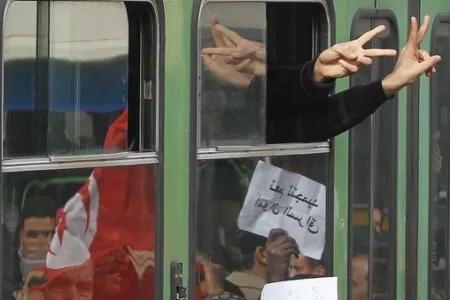Social covenants and social contracts in transitions

Structurally fragile states are plagued by deeply entrenched sociopolitical and institutional problems. They harbour uniquely formidable obstacles to stability, development and democracy. Too often, international efforts to aid transitions in these places fail because they emphasise the importance of the vertical state–society relationship and social contract while completely ignoring the factors shaping the horizontal dynamics within society that determine how the state–society relationship evolves and whether or not such a contract can even be fashioned. A better approach would address these latter challenges straight on, by developing a “social covenant” that brings together various ethnic, religious, clan and ideological groups to create a more inclusive and sustainable political process and social contract. As South Africa’s transition shows, a society that has reached agreement on its fundamental principles and values (e.g. who is a citizen and what makes for a legitimate government) through a social covenant is much better equipped to forge a sustainable social contract than one divided by stark fault lines, especially when institutions are weak and unable to enforce rules and commitments. Although domestic actors have the predominant role in any transition, the international community can play a pivotal role in supporting the negotiation process and shaping the transition framework and in both monitoring commitments and ensuring that they are kept.